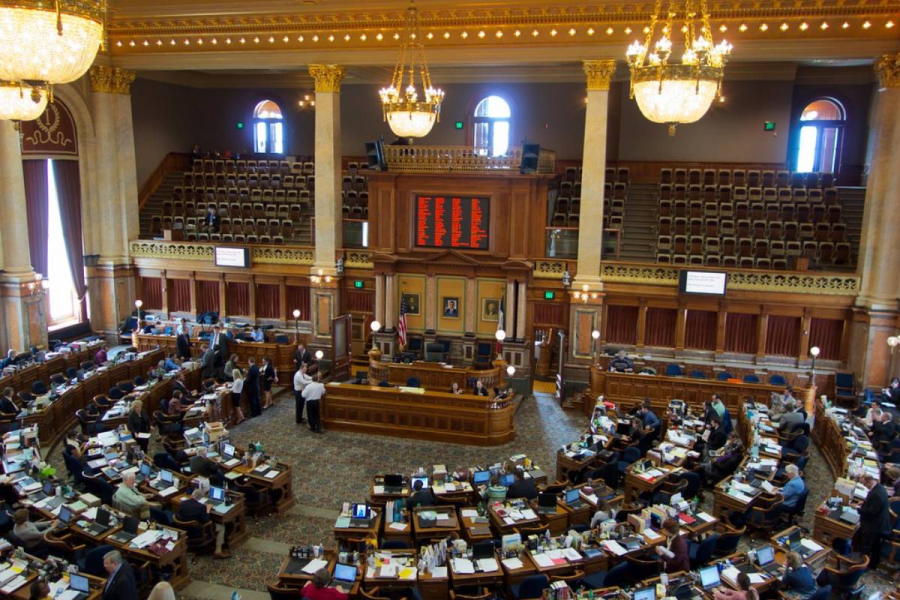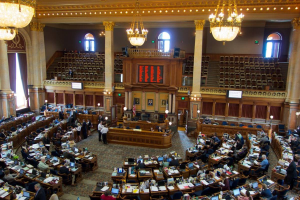Brazil gambling regulatory framework fails to get vote

Due to the lack of a quorum in the Chamber of Deputies, the bill still hasn’t been voted on.
Brazil.- Despite a working group and several deputies pushing bill 442/91 to create a regulatory framework for gaming in Brazil before the end of the year, it’s yet to be voted on. On Saturday, a request for urgent treatment of the regulation was made, but the vice president of the Chamber of Deputies, Marcelo Ramos, said on Monday at the opening of the day’s agenda that the request would not be voted on due to a failure to reach quorum.
To approve an urgent request an absolute majority or 257 votes is required. However, at the time of the opening of the agenda, the extraordinary semi-attendance session had the presence of only 162 parliamentarians.
Lack of agreement with evangelicals
According to local media outlet BNL Data, the situation generated a strong reaction from the Evangelical Parliamentary Front, which has 107 deputies. It is a strong opponent of gaming legislation. The president of the Chamber of Deputies, Arthur Lira (PP-AL), had approached the evangelical bank in search of consensus but they reaffirmed their opposition.
Bill 442/91
The document lists in article 8, the games and types of bets it would authorise: casinos, bingo halls, Jogos do Bicho, bets with fixed odds, tourist bets and games of skill. The draft report does not define the casino models to be implemented or whether casino gaming would only be allowed in integrated resorts, although it is understood that urban casino-type establishments would be allowed, since art. 8 defines that “the practice and exploration of games and bets may be carried out in physical or virtual establishments, after obtaining, by the interested party, acts of consent from the Public Authority, in the terms of this law”.
Tourist entities would be able to explore their own tourist bets and casino and bingo games, the proceeds of the collection being exclusively for the benefit of the entity’s corporate purpose.
See also: Peru seeks to tax online gaming
At the same time, the document defines the creation of the National Gaming and Betting System (SINAJ), made up of a federal regulatory body, gambling and betting operators, tourism entities, and gambling and betting agents, as well as auditing companies and self-regulatory bodies.
To operate in Brazil, a company must have its headquarters and administration in the country and would be subject to the rules to be defined by the federal regulatory and supervisory body, which would establish the criteria for granting the operating licence.
The rules for each type of game have not yet been established and, according to the draft, they are being revised, as are the licence fees, taxes and the division of resources between the union, states and the Federal District.










